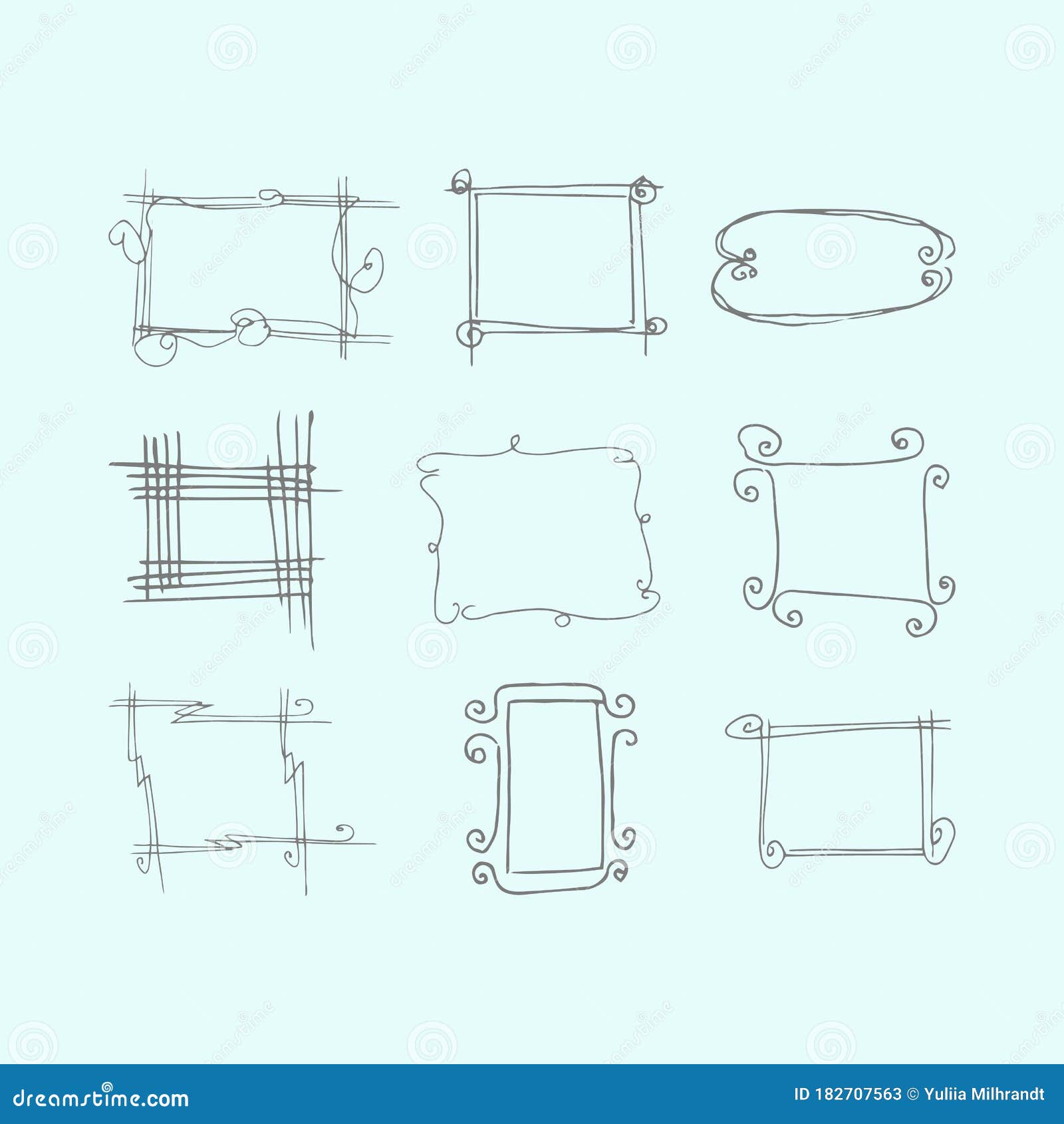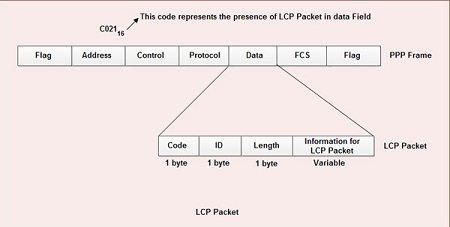

Once that is clear then another activity could be introduced where the students have to put the right word (and its right form) into a gap in a few select sentences. Another section would be dedicated to having the students apply what they have learned, first in simple exercises like changing those adjectives into adverbs and nouns, or matching the word to its definition. And in that section you might have different parts – one looking at the meaning, another at the pronunciation, and perhaps another looking at the form (ex: lazy – laziness and lazily). For example, one section might look at what the new vocabulary to learn is. different sections of your class where you have different objectives specific to those sections.

#What re the eleme ts of the ppp frame how to
To borrow from another metaphor, think of your lesson plan as being a recipe and you are learning how to cook. The lesson plan, then, is a guide in how one might reach objectives set for one particular class, as well as being part of a greater process that contributes to progress made in the long run. Get familiar with those ideas, and add to your understanding as your experience and familiarity with them grows. In the early stages of your exploration of a lesson plan, it is best to think of it more generally, with a few details thrown in for direction. Trying to understand all the subtle nuances is something best approached as you become more experienced. If you have little or no experience, it is best to think of it in layers and you get acquainted with lesson planning step by step. It’s like a blank canvas in front of you and you don’t know yet how well you can draw, paint, mix colours, deal with perspectives and composition, and even have objectives. That is particularly challenging for new teachers as there is so much that is still unknown. It reflects to what extent you have thought about the class and what you hope your students might achieve. Whether you are a seasoned teacher or one still learning what might be involved, that lesson plan is an important element in your teaching and in the students’ learning. You want to learn what goes into its creation, how it can be used, how effective it is, what factors should be considered, what expectations accompany it, and how you can understand and use it with some direction and confidence.

But if everything is new to you, it is an excellent question. Superficially it might seem like a silly question.


 0 kommentar(er)
0 kommentar(er)
